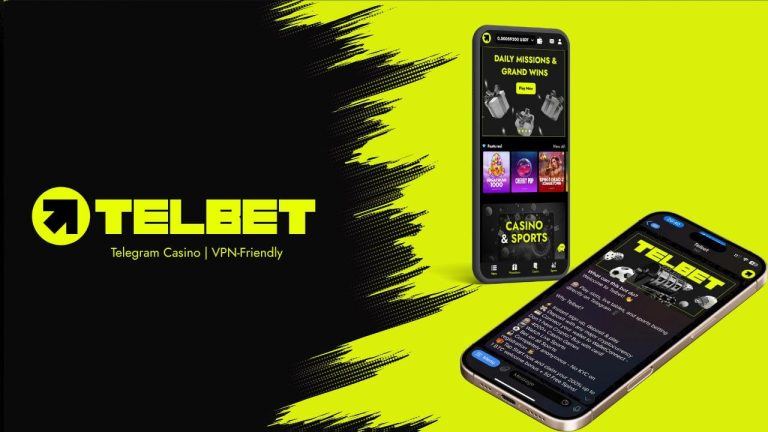Activist Irenic takes a stake in Atkore, urges company to consider a sale
5 min read
Company: Atkore (ATKR)
Business: Atkore is a manufacturer of electrical products for construction and renovation markets, and safety and infrastructure products for the construction and industrial markets. The company’s segments include electrical and safety & infrastructure. The electrical segment manufactures products used in the construction of electrical power systems including conduit, cable and installation accessories. This segment serves contractors in partnership with the electrical wholesale channel. The safety & infrastructure segment designs and manufactures solutions including metal framing, mechanical pipe, perimeter security and cable management for the protection and reliability of critical infrastructure. These solutions are marketed to contractors, OEMs, and end-users. It manufactures products in 42 facilities and operates a total footprint of over 8.5 million square feet of manufacturing and distribution space in eight countries.
Stock Market Value: $2.09 billion ($61.97 per share)
Activist: Irenic Capital Management
Ownership: 2.5%
Average Cost: n/a
Activist Commentary: Irenic Capital was founded in October 2021 by Adam Katz, a former portfolio manager at Elliott Investment Management, and Andy Dodge, a former investment partner at Indaba Capital Management. Irenic invests in public companies and works collaboratively with firm leadership. Their activism has thus far focused on strategic activism, recommending spinoffs and sales of businesses.
What’s happening
On Sept. 30, Irenic announced that they have taken a 2.5% position in Atkore and are urging the company to pursue a potential sales process.
Behind the scenes
Atkore is a manufacturer of electrical products for construction and renovation markets, and safety and infrastructure products for the construction and industrial markets. Its electrical segment produces conduit, cable, and installation accessories for electrical power systems. The safety & infrastructure segment manufactures solutions including metal framing, mechanical pipe, perimeter security, and cable management systems. For years Atkore operated as part of a stable oligopoly — Hubbell, Eaton and nVent being among the other major domestic players.
The pandemic catalyzed a surge in construction and, in turn, the demand for Atkore’s electrical products that are essential in the wiring processes. As a result, the company got aggressive in pricing and, from fiscal year 2019 to 2022, revenue grew from $1.9 billion to $3.9 billion, and EBITDA grew alongside from $300 million to $1.3 billion. However, as we have seen with many companies, demand ultimately normalized after Covid and revenue stopped growing. To make matters worse, Atkore’s aggressive pricing strategy backfired, as it invited import competition into a market that had long been protected by high freight costs and distributor preference for local supply. By raising prices too sharply, they effectively undermined their own market position. As a result, revenue has declined to $2.9 billion and EBITDA to $462 million.
Moreover, despite a $1 billion decrease in revenue, SG&A has increased, and the company’s headcount has risen over 40%. On top of this is a misallocation of capital. Instead of using Covid-era windfalls to invest into the core electric business, management has pursued non-core ventures such as water infrastructure and fiber conduit for rural broadband, many of which projects never materialized. Now, a company that once traded at the top of the market around $190 per share in early 2024, has fallen all the way down to around $60 per share; and amid this underperformance, in late August, CEO Bill Waltz unexpectedly announced his retirement without a successor in place.
This has all prompted Irenic Capital Management to announce a 2.5% position in Atkore. With no CEO, operational and capital challenges, and a poor market perception, Atkore is now at a critical inflection point where the board will have the biggest decision it will ever make that will determine the outcome for shareholders.
The most important thing a board does is identify and retain a CEO and Atkore is now at that point. However, when a company faces similar issues to Atkore and is on the precipice of a serious restructuring, the board needs to make one more decision before hiring a new CEO – whether the company should remain independent or not. We would expect that Irenic would want one or two new directors identified by them on the board to take part in this analysis and decision, likely independent directors with relevant experience.
Atkore currently trades at approximately 6.5x EBITDA but offers clear cost cutting and divesture opportunities that private equity may be able to more effectively execute. Thus, it is fair to assume a takeout at multiple turns above the company’s current valuation, potentially 8 to 10 times EBITDA. If a review of strategic alternatives concludes that an acquisition would happen in that range, then the board would need to use that as the benchmark against a standalone plan.
The first step in a standalone plan would be identifying the right CEO who would be tasked with realigning the company’s operational and capital focus with its core electrical business, divesting non-core assets, cutting costs, and implementing pricing discipline. As Rocco says to Michael Corleone, this would be difficult, but not impossible. There is definitely at least $100 million of costs that could be cut from SG&A and the headwinds that caused the decline in revenue have now reversed, with pricing low enough to once again discourage importers even before the issuance of tariffs, which is a tailwind for Atkore.
But it is worth repeating that none of this is possible without the right CEO and it is important to have the best possible board to make that decision, and this board has given shareholders the right to be worried. Currently, both the company’s chairman and former CEO come from water industry backgrounds, likely contributing to the strategic shift away from the company’s core.
Moreover, Atkore recently announced a strategic review focused on non-core asset sales, including its water conduit business. While this might be the right decision, launching a strategic review without a permanent CEO seems rushed and poorly timed, and conducting such a review at this time without weighing the possibility of a full sale is even more perplexing. A refreshed board with directors who bring in relevant electrical industry expertise that can guide the CEO succession process, and the sale analysis would be an essential first step.
Irenic has significant experience in strategic activism, identifying companies that are struggling in the public markets and helping implement spinoffs and sales of businesses. The nomination window for directors opened on Oct. 2 and we do not think it is a coincidence that Irenic went public with their campaign the day prior to the nomination window opening. We expect that they will be talking to the company about board composition. Ideally, shareholders would benefit most with the addition of a couple of new independent directors with relevant experience and having Irenic as an active shareholder to support the board in its analysis.
Ken Squire is the founder and president of 13D Monitor, an institutional research service on shareholder activism, and the founder and portfolio manager of the 13D Activist Fund, a mutual fund that invests in a portfolio of activist investments.







